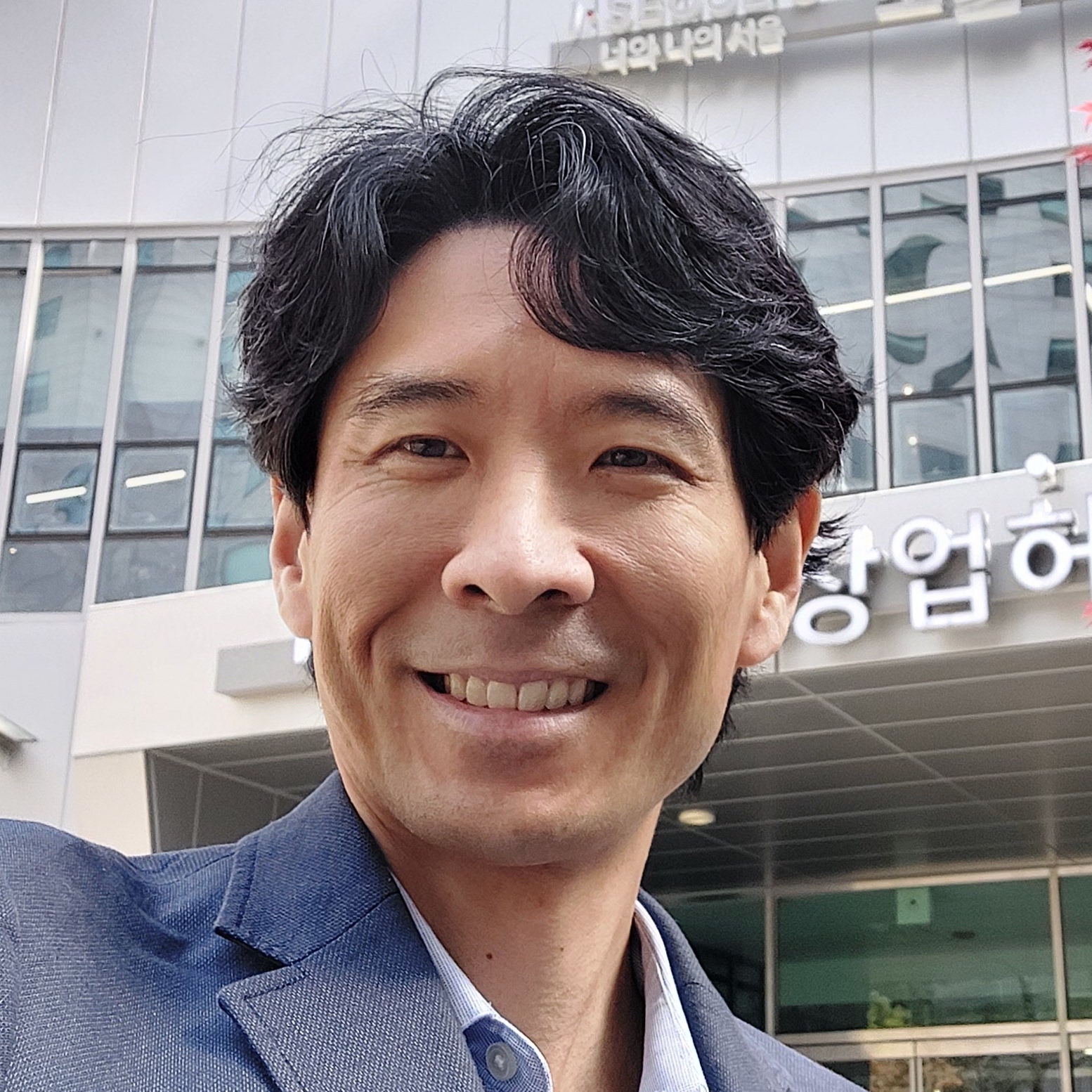
My father once shared with me a perspective attributed to Sartre, encapsulated in the acronym BCD: Birth, Choice, Death. Everything that happens between birth and death is a matter of choice. This idea influenced my perspective, underscoring that the quality of our lives is shaped by the choices we make.
Thus, the question arises: How do we make good choices?
I searched for answers in the fields of business management, process improvement, and self-development. Then I read "Thinking, Fast and Slow" by Daniel Kahneman. While the book didn't immediately enhance my decision-making skills, it provided invaluable clarity on the underlying factors influencing our decision-making processes.
According to Kahneman, the brain operates using two systems. System 1 is fast, automatic, intuitive, effortless and highly biased. System 2 is conscious, deliberate, and effortful.
Initially, our ancestors relied heavily on System 1 for survival; however, as the world grew more complex, the demand for logical reasoning and planning necessitated the development of System 2.
However, we still predominantly rely on intuitive thinking (System 1), even when addressing highly consequential matters.
Today's world is becoming increasingly complex and challenging. It's no longer a simple matter of fight or flight; rather, we need to collaborate with a range of stakeholders to effectively address global issues. To navigate these challenges successfully, we must employ analysis, deliberation, intentionality, and critical thinking.
Climate change is a critical global challenge that demands our concerted efforts. Aware of human cognitive processes and biases, Kahneman termed it the "perfect problem," casting doubt on our ability to resolve it. Nevertheless, we must stay engaged and persistently pursue solutions. Only by doing so can we leave a legacy without regret.
I was saddened by Kahneman's passing a month ago. He left us valuable insights into human behavior, and it is now our responsibility to apply these tools effectively.
Birth, Choice, Death. More conscious choices, focused on honoring and preserving nature as well as its inhabitants will create a lasting positive impact.
Resources
- The riddle of experience vs. memory, 2010, TED Talk
- Thinking, Fast and Slow | Daniel Kahneman, Talks at Google, 2011
- Quotes by Kahneman
